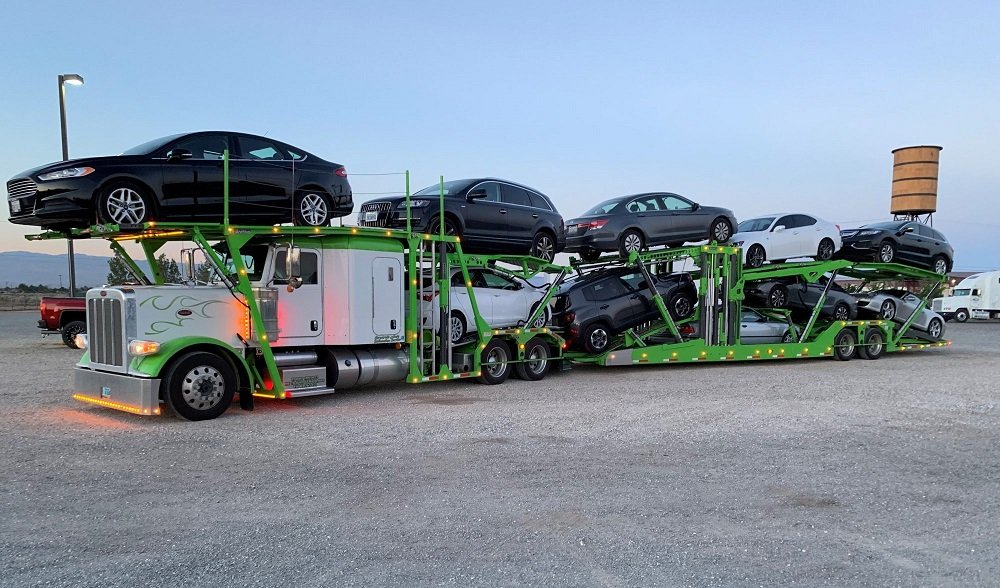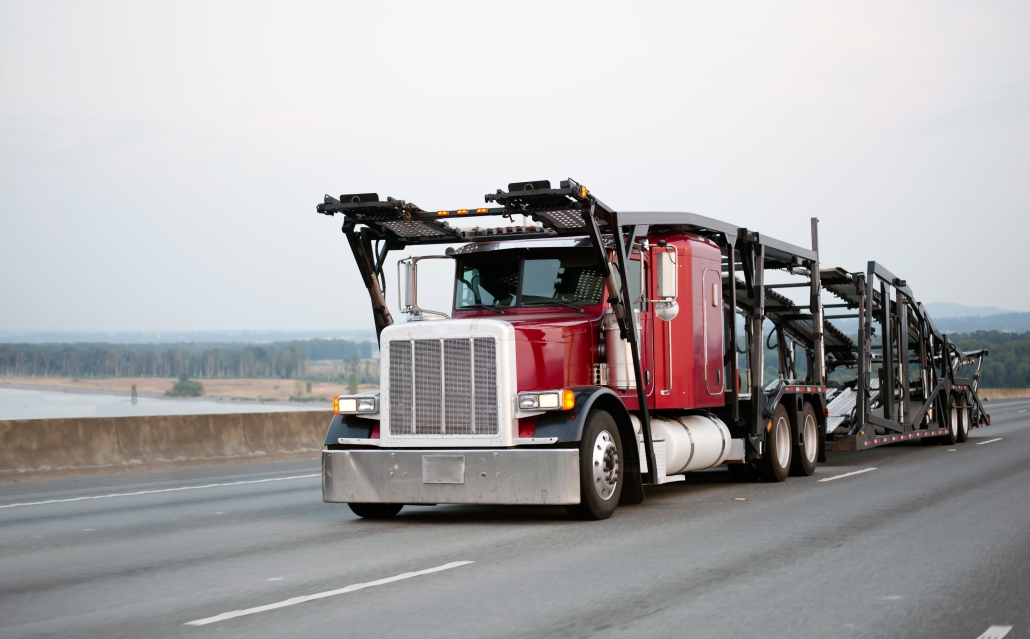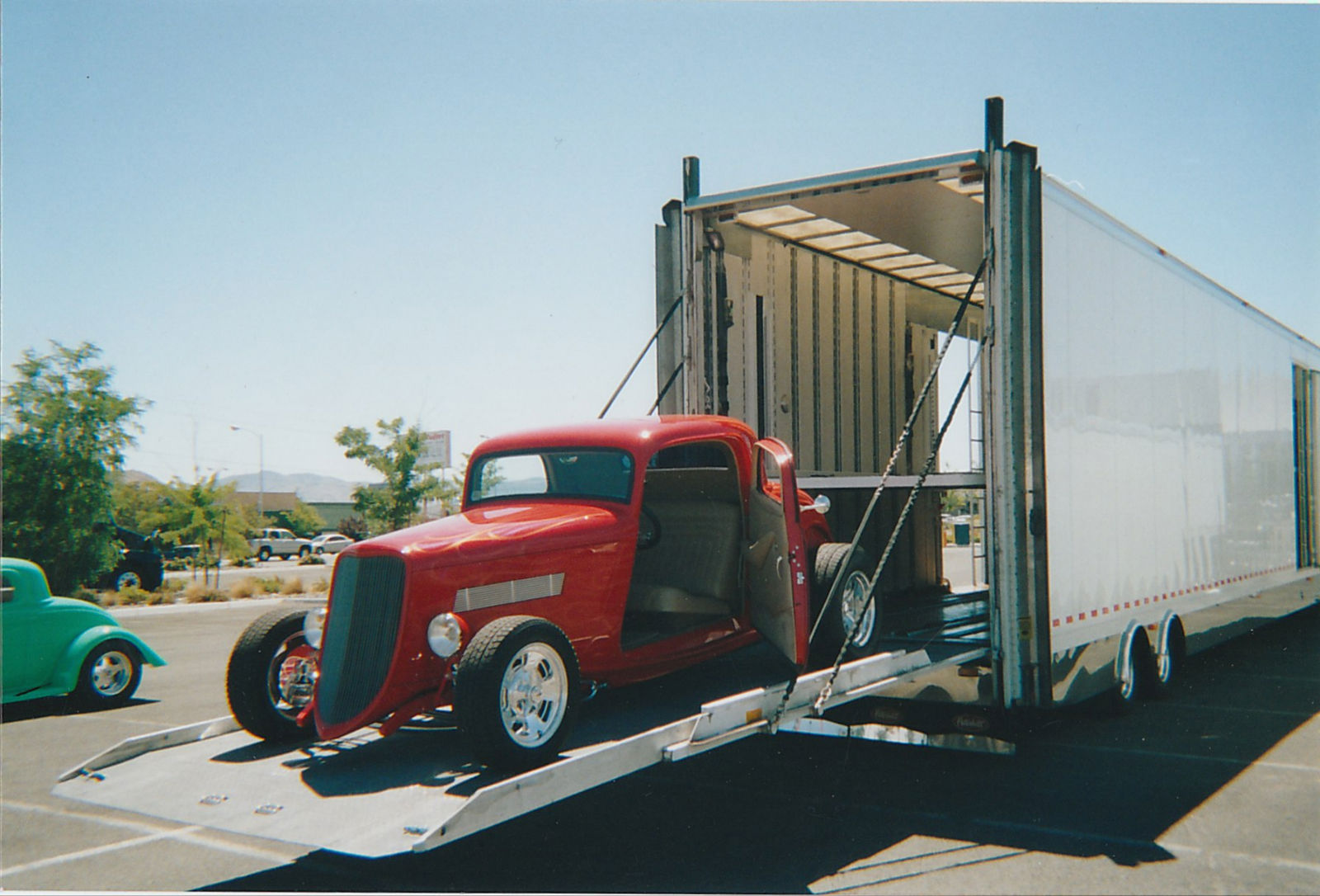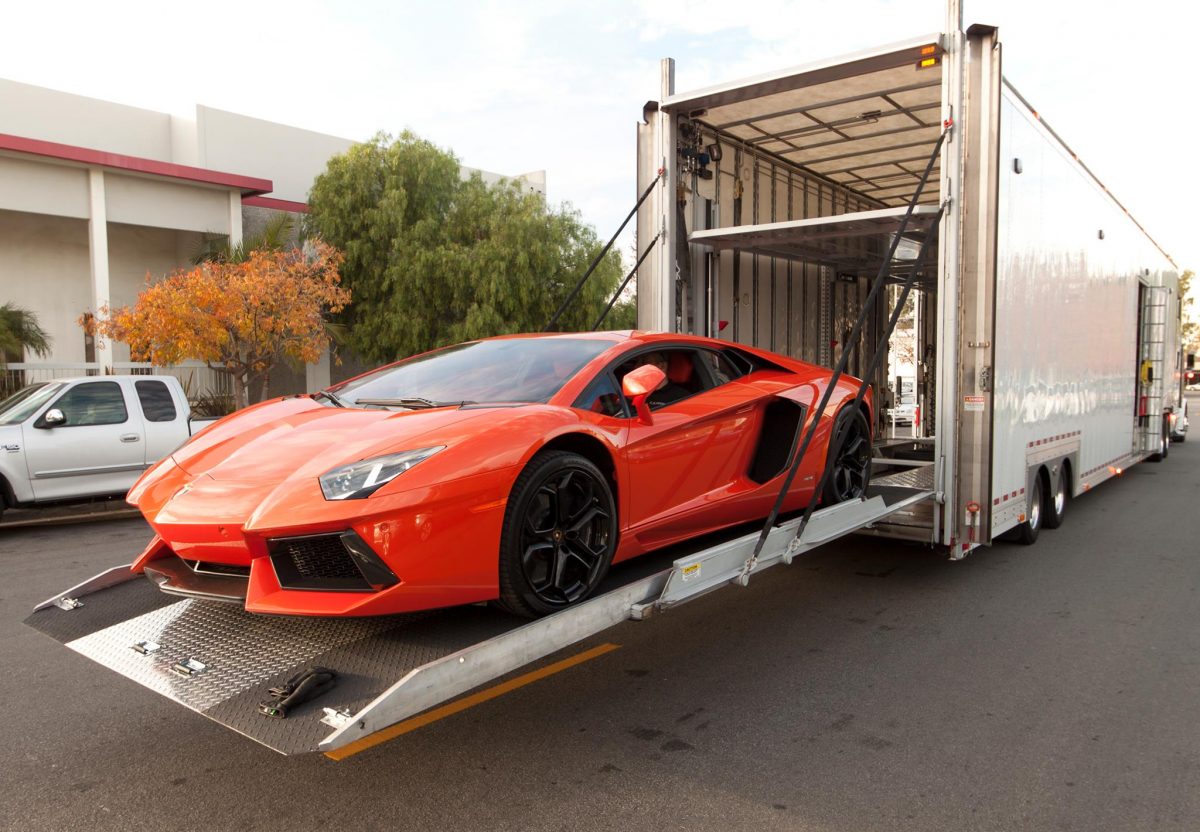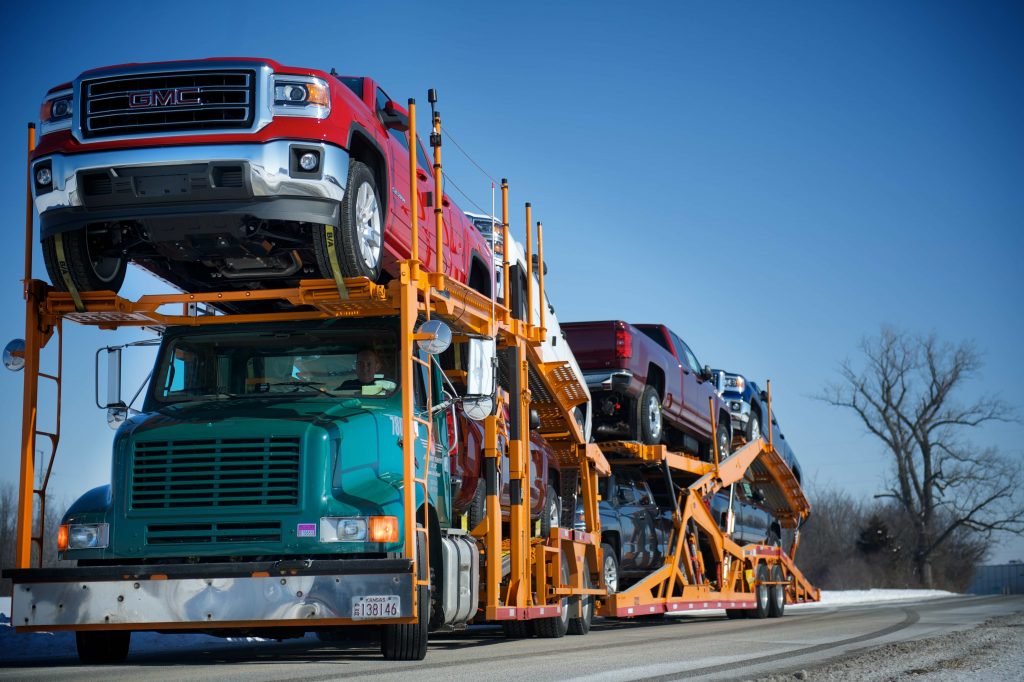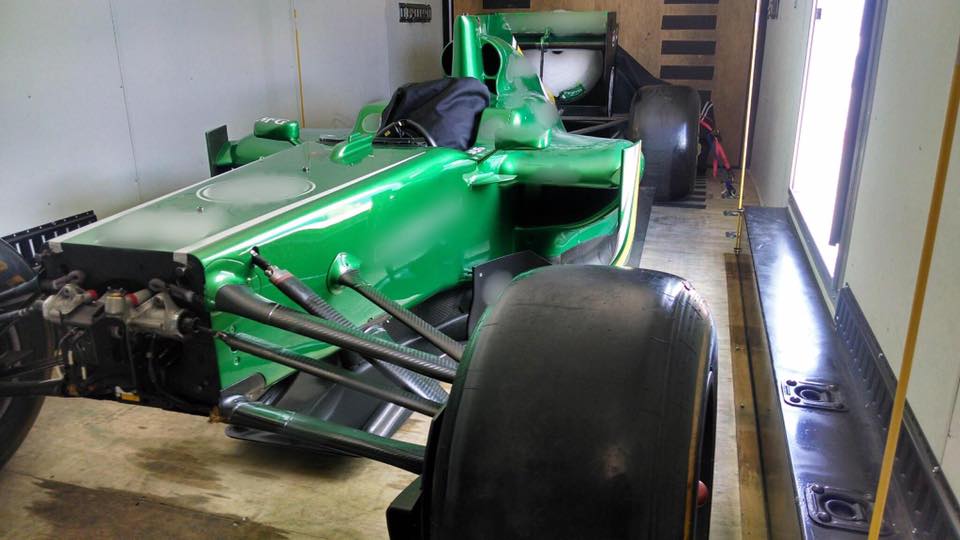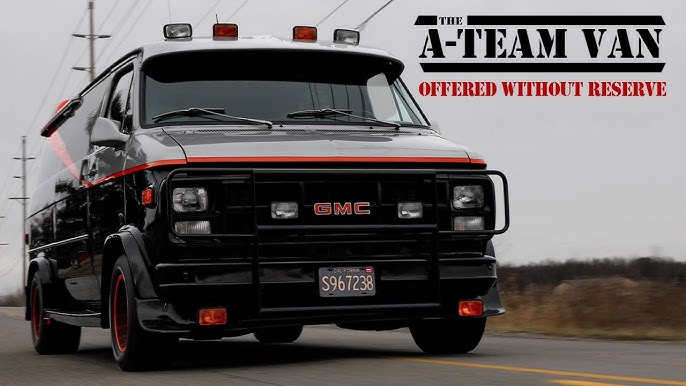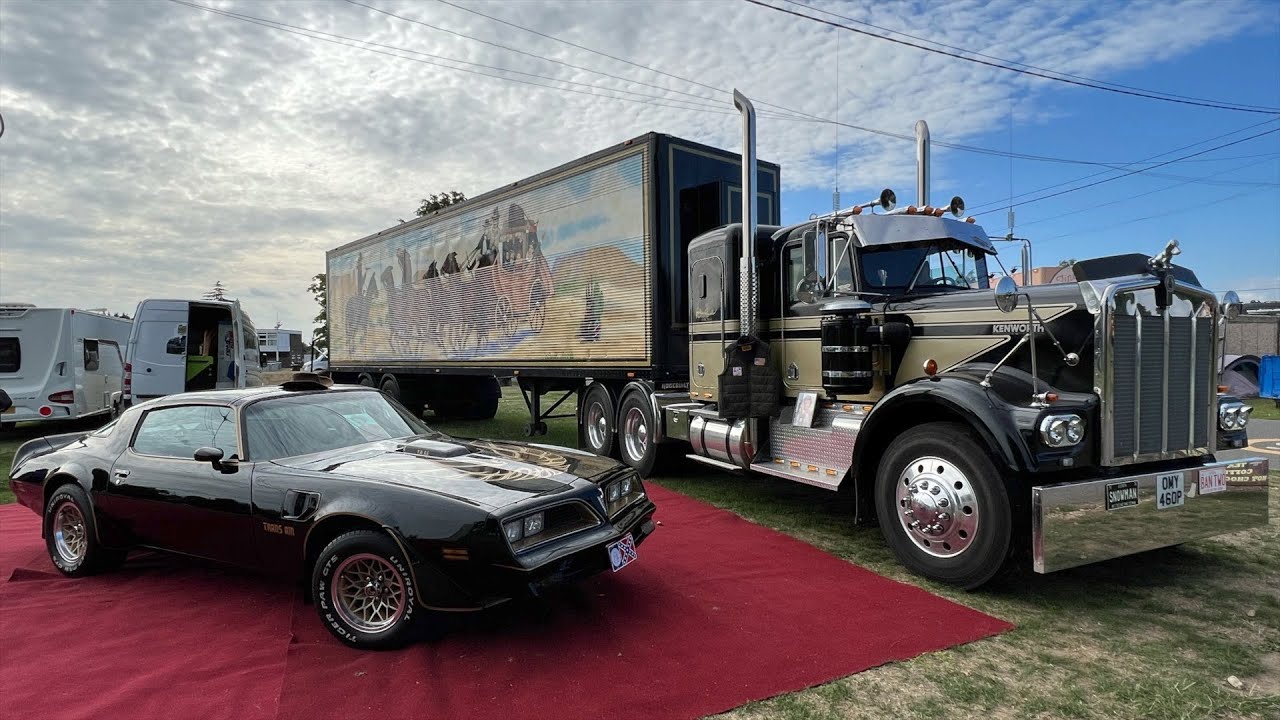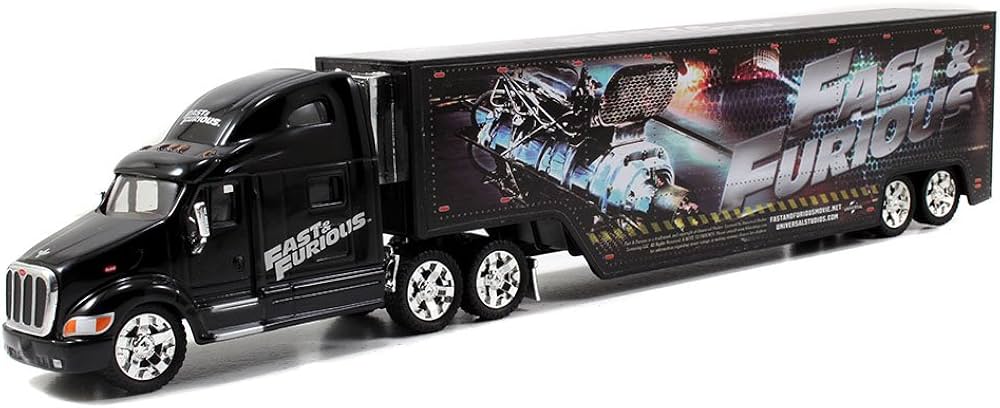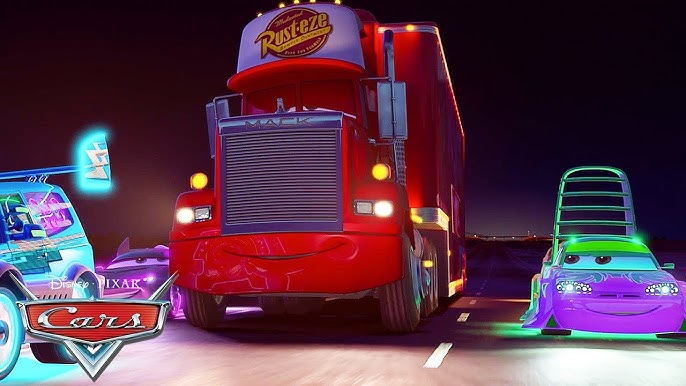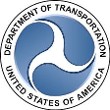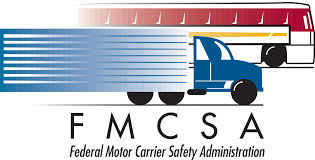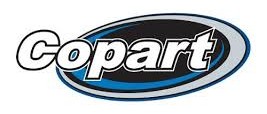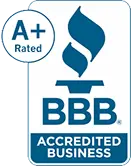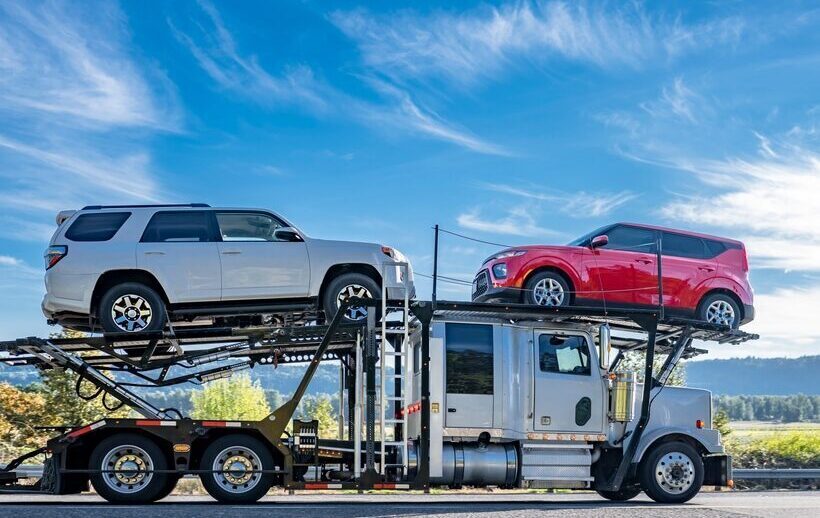
Car Shipping To and From Toms River, NJ: Your Complete Guide
As a full-service vehicle transport company, we at The Car Carriage have extensive experience moving vehicles to and from Toms River, New Jersey. Whether you’re relocating to this charming Ocean County community, heading elsewhere, or simply need your vehicle transported, we’ve compiled everything you need to know about car shipping in the Toms River area.
Why Toms River Is a Popular Vehicle Transport Destination
Toms River combines suburban comfort with coastal charm, making it an increasingly popular destination for relocations. Located in Ocean County, it offers residents a high quality of life with access to beautiful beaches, parks, and a reasonable commute to major metropolitan areas.
Some key factors making Toms River a vehicle shipping hotspot include:
- Its proximity to New York City (approximately 75 miles)
- Access to the Garden State Parkway and other major highways
- Seasonal tourism creating demand for vehicle transport
- Growing population of retirees and families relocating from urban areas
Popular Car Shipping Routes To and From Toms River
Based on our transport data, these are the most common vehicle shipping routes involving Toms River:
To Toms River:
- Florida to Toms River (snowbirds returning for summer)
- New York/NYC to Toms River (urban exodus)
- California to Toms River (cross-country relocations)
- Midwest states to Toms River (retirees)
From Toms River:
- Toms River to Florida (winter relocations)
- Toms River to Southern states (permanent relocations)
- Toms River to college towns (students heading to university)
- Toms River to Western states (job relocations)
What to Consider When Shipping Your Car To or From Toms River
Seasonal Factors
New Jersey experiences all four seasons, which can affect vehicle transport:
- Winter (December-February): Snow and ice can occasionally delay transports. The Garden State Parkway and other routes may experience closures during severe weather.
- Summer (June-August): High demand season as tourists flock to the Jersey Shore and seasonal residents return. Book early to secure preferred dates.
- Fall/Spring: Generally ideal times for vehicle transport with moderate weather and lower demand than summer.
Transport Options
When shipping your vehicle to or from Toms River, you’ll have these primary options:
Open Transport: The most economical choice, your vehicle travels on an open-air carrier alongside other vehicles. While exposed to weather elements, this remains the industry standard with excellent safety records.
Enclosed Transport: Provides complete protection from weather and road debris. Recommended for luxury, classic, or high-value vehicles. This premium service typically costs 30-50% more than open transport.
Terminal-to-Terminal: Drop off and pick up your vehicle at designated terminals, potentially saving money but requiring you to travel to these locations.
Door-to-Door: The most convenient option where we pick up and deliver your vehicle as close to your specified addresses as legally and safely possible.
Preparing Your Vehicle for Transport To or From Toms River
Follow these steps to ensure a smooth transport experience:
- Clean your vehicle: A clean exterior and interior makes it easier to inspect for pre-existing damage.
- Document current condition: Take dated photos of your vehicle from multiple angles.
- Remove personal items: Insurance regulations prohibit personal belongings during transport.
- Maintain about ¼ tank of fuel: Enough to drive on and off the carrier, but not so much as to add unnecessary weight.
- Disable alarms: Prevent battery drain during transport.
- Check for leaks: Address any fluid leaks before transport.
- Secure or remove loose parts: Including custom accessories, antennas, and spoilers.
What Makes The Car Carriage Different for Toms River Transports
As specialists in the Toms River region, we offer:
- Local Knowledge: Understanding of Toms River’s neighborhoods, restrictions, and seasonal considerations.
- Flexible Scheduling: Options to accommodate your timeline, including expedited shipping when needed.
- Full Insurance Coverage: Comprehensive protection throughout the transport process.
- Transparent Pricing: No hidden fees or last-minute surprises.
- Experienced Drivers: Familiar with New Jersey routes and regulations.
Get Your Free Toms River Car Shipping Quote Today
Whether you’re moving to enjoy Toms River’s beautiful beaches or relocating elsewhere from this Ocean County gem, The Car Carriage makes vehicle transport simple and stress-free. Contact us by calling 855-723-3200 today for your personalized quote and experience our commitment to exceptional service and reliability in vehicle transport.
Remember that advance planning is key—especially during summer months when Toms River sees increased seasonal activity. Let us handle the logistics of your vehicle transport while you focus on the other aspects of your move or travel plans.

